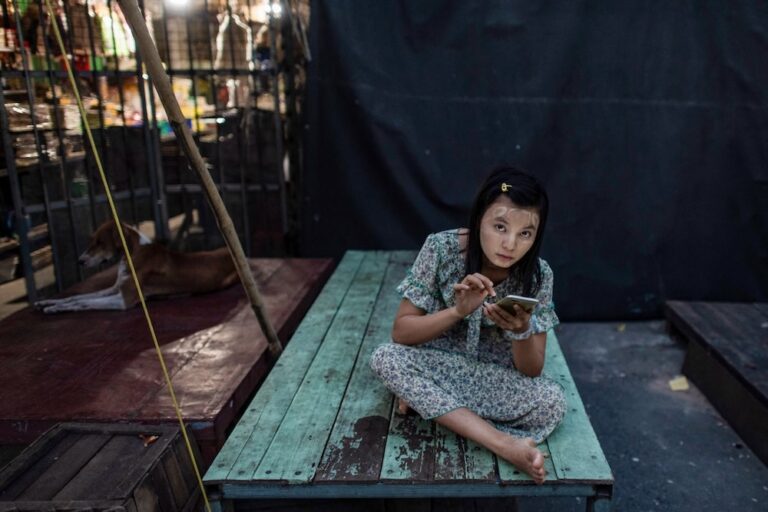The censor board also banned news coverage of Democratic Party leaders, along with other news related to the 2010 elections.
(Mizzima/IFEX) – 24 September 2009 – The censor board of Burma’s military government has prohibited the local media from covering the press conference held by the Democratic Party, a newly formed political party. It also banned news coverage of the party’s leaders, Thu Wei and Win Naing, along with other news related to the 2010 elections in Burma.
Weekly newspapers are uncertain why the board would ban coverage of the political party and its leaders, who are pro-junta.
“We submitted the news story to the censor board on 19 September because it will be published in this week’s issue. They censored this news story so we had to replace it with another,” a newspaper editor told Mizzima.
A veteran journalist said that he himself had decided not to cover this news. “I hesitated to write about Thu Wei and Win Naing because the news story might be censored. I was proven right,” he said.
The press conference was attended by local journalists, Burmese reporters working for Rangoon-based foreign media, a local military intelligence unit and a special branch of the police.
Three days after the press conference, the Bahan Township authority summoned the two politicians and criticized them for not seeking prior approval for the press conference, for assembly of more than five people, and for not signing a bond.
This latest incident of censorship created repercussions among local journalists, who had been expecting some degree of press freedom in the run-up to the 2010 general elections.
“We expected that press freedom would be curbed to some extent after the 2010 general elections but not before it,” a local journalist said.
“This news is about a pro-junta political party. If they ban even such news, it apparently means that the local journalists cannot touch political news in the near future,” he said.
However, another weekly newspaper editor said that such a ban might be due to the non-existence of an election law.
“I think it is because the election law has not yet been enacted and announced. I think they would like to see such news published only after the election law is promulgated,” he said.


